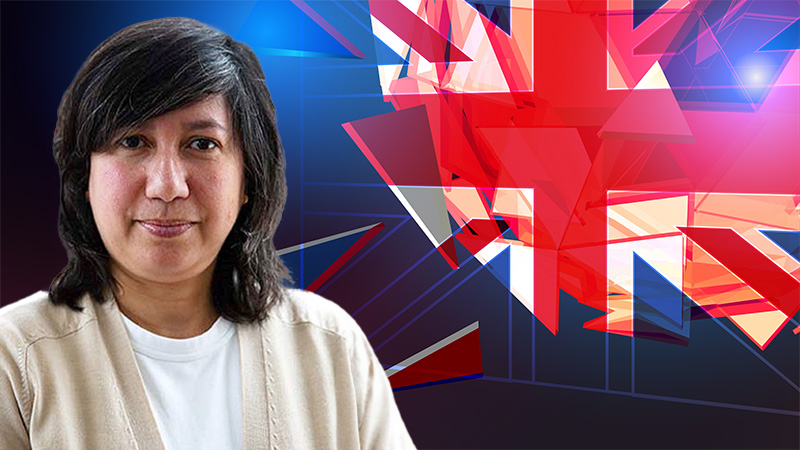UK inflation has slipped to 0.4%, down from 0.7% in January, despite fears of mass inflation as economies open up again following the pandemic.
February’s CPI figures from the Office for National Statistics were pushed downwards by a fall in costs of clothing, toys and second-hand cars and public transport as the UK’s third lockdown continues to force people to stay at home.
Inflation had been on an upward trajectory for the past two months, as the price of consumer goods rose at an annual rate of 0.6% in December, up from 0.3% in November.
“Just when the dominant market narrative was for higher inflation expectations, the UK poured cold(er) water on that theory,” said Gam investment director Charles Hepworth.
Inflation genie isn’t out of the bottle just yet
The driving force behind the drop were vastly reduced clothing prices, which contracted by 5.4% last month, compared to the same month a year ago.
Hepworth believes the fall in clothes prices shouldn’t come as a surprise as “who after all is really dressing to impress in a lockdown” and the fact “retailers that can maintain online presence will be heavily discounting prices to just attract some attention.”
However, last month’s CPI figures are not necessarily an accurate portrayal of what is to come as the government’s vaccine rollout continues and a return to normality looks likely.
Hepworth said: “Only when we return to a more normalised and open economy can sharply higher inflation surprises manifest and even then that’s not a given. I don’t think the inflation genie is out of the bottle just yet.”
Pressure brewing from rising commodity prices
Danni Hewson, financial analyst at AJ Bell, noted that last month’s figures indicated some “brewing” inflationary pressures as “creeping commodity prices are beginning to be felt by the consumer.” Motor fuels saw a 0.11% hike and housing costs like water and electricity were up 0.1%.
Hewson said: “Add to that strong wage growth figures, pent up demand and savings for those lucky enough to have missed out on the worst effects of the pandemic and these figures are likely to be the low point. Few doubt the Bank of England’s belief that rising inflation is inescapable in the short term and investors and savers should be prepared.”
“Longer term, there is an argument to be made that rising unemployment and huge government debt mountains will help balance the scales,” she added. “Those anticipated deflationary pressures should provide headroom to leave interest rates low, for now.”
The Bank of England’s Monetary Policy Committee said in a statement last week that it expects CPI to return to its target of 2% in the spring, but did not tighten its monetary policy and will not do so “until there is clear evidence that significant progress is being made in eliminating spare capacity”.
UK business activity soars to seven month-high in March
IHS Markit and CIPS PMI data released today also indicates a return to growth for the UK, recording the fastest rate of expansion for seven months, attributed to to a rebound in sales ahead of easing lockdown measures, stronger consumer confidence and a surge in demand for residential property services.
The Flash UK Composite Output index was up at 56.6 in March, a sharp increase from 49.6 in February as, for the first time since the start of the pandemic, service sector activity outpaced manufacturing growth.
JP Morgan Asset Management global market strategist Mike Bell said that today’s PMI results indicate that UK growth should “boom as the benefits of the successful vaccine rollout start to shine through into rising economic optimism, new orders and hiring”.
He added: “With UK equities still below their pre-Covid levels and reasonably valued, we would expect the strong rebound in economic growth, suggested by today’s numbers, to drive company profits and equities higher over the next year.”











